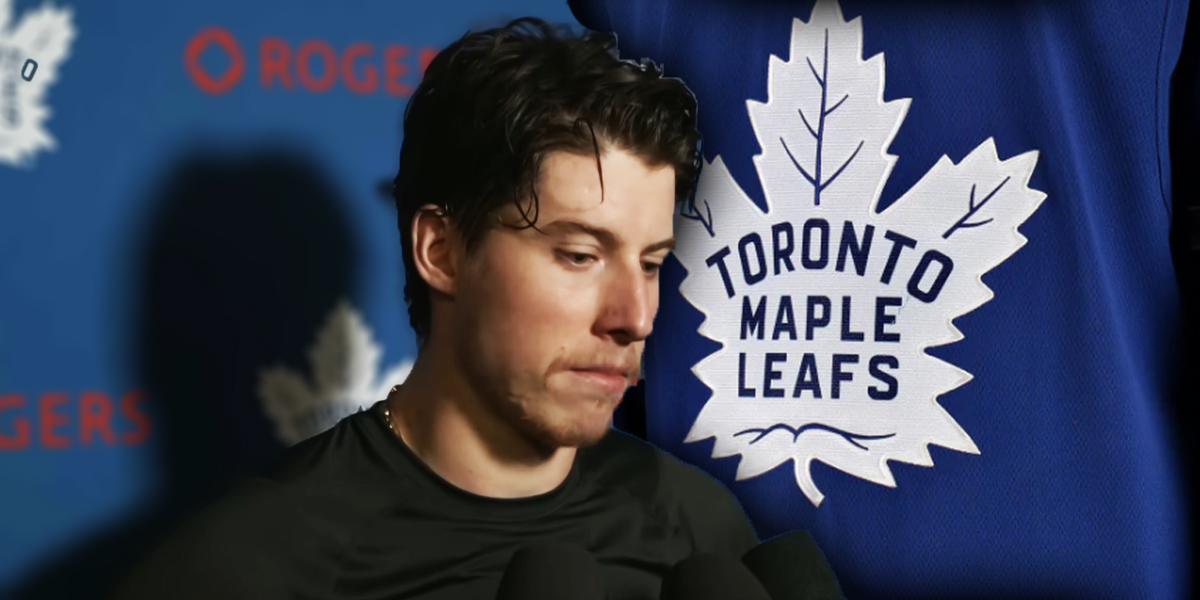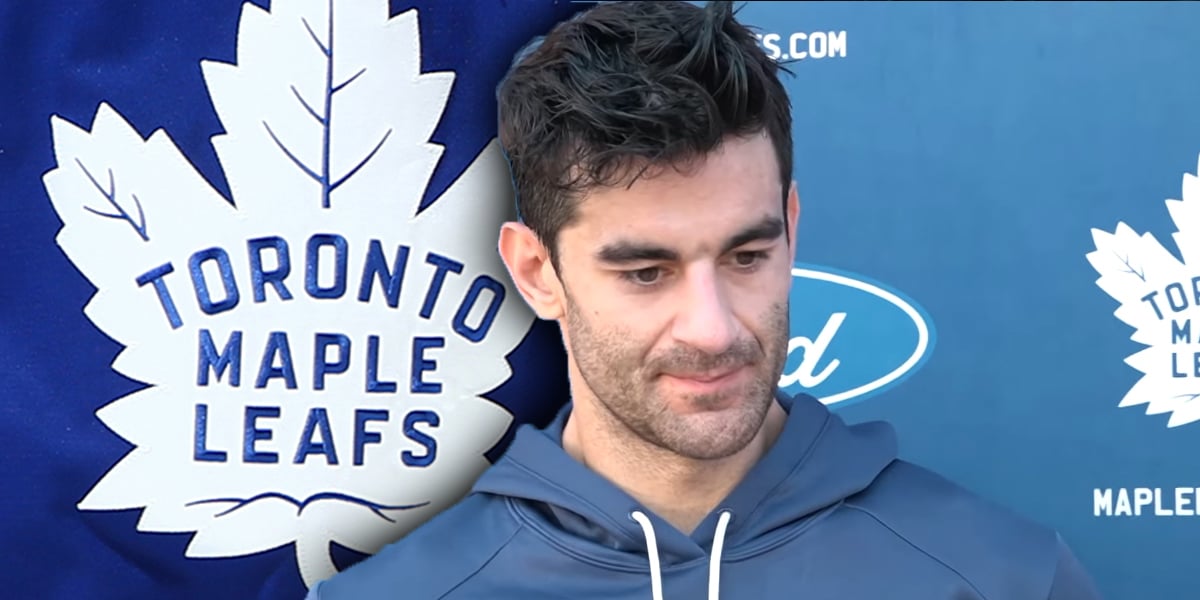J.T. Miller’s return to the Vancouver Canucks lineup last night was huge. The Canucks dominated the Florida Panthers, shutting them out 4-0. It was immediately clear that Miller’s emotional presence had a major impact. His leadership, both on and off the ice, is an undeniable force, and his absence had left a noticeable void. The team’s performance against the Panthers showcased the power of Miller’s return. He is the emotional glue that holds this Canucks team together.
Miller Had the Courage to Walk Away
Miller’s decision to step away from the game earlier this season was both unexpected and commendable. As NHL analyst Jeff Marek noted, it takes incredible courage for a player known for his toughness to walk away from the game. It might be even tougher when the reason remains personal and private. The NHL is an environment where athletes are often expected to push through pain and adversity. Given that, Miller’s choice to prioritize his mental health is a rare but powerful statement. His decision highlights the immense pressure that comes with being a high-performance athlete. He dared risk being seen as weak. His choice was anything but.

The fact that Miller took this difficult step not only shows his strength but might also open the door for others in the league to recognize that it’s okay to take time away for their own well-being. The bravery in leaving—and then having the courage to return—speaks volumes about the type of leader he is. That’s true both for the Canucks and for the broader sports community.
Miller Brings a New Perspective on Toughness
Miller’s return to the ice immediately lifted the Canucks. His leadership is invaluable, and his ability to rally the team, especially in critical moments, is why he’s considered one of the most important players on the roster. As NHL analyst Elliotte Friedman pointed out, Miller is the emotional backbone of the Canucks. His consistency in play and attitude is crucial to the team’s success, especially during tough stretches. The Canucks’ dominant win over the defending Stanley Cup champions was perfect. It was an example of how Miller’s presence sets the tone for the rest of the squad.
While Miller’s absence may have been difficult for both him and the team, it also helped shift the conversation about what it means to be “tough.” Marek suggested that Miller’s decision to step away—and the public support that followed—could offer others in the NHL the unspoken permission to do the same if they need it. In an industry where athletes are often expected to “suck it up,” Miller’s decision challenges the status quo. It’s a reminder that mental and emotional health are just as important as physical strength, and that true courage lies not only in playing through pain but in recognizing when it’s time to step back and take care of yourself.
Is Miller Returning Stronger than He Left?
Miller’s courage to step away from the game and then return to the Canucks shows the incredible strength it takes to prioritize one’s mental health. The uncertainty of how long he would be away, or whether he would return at all, only highlights the difficulty of his decision. But now that he’s back, it’s clear that the team—and the league—are better for it. In a sport known for its grueling pace and high expectations, Miller’s decision may very well encourage other players to recognize that it’s okay to take a break when needed.
The Canucks are lucky to have their emotional leader back in the fold, and we can only hope that this moment of personal growth and reflection resonates throughout the sport. Miller’s strength, both in leaving and returning, is a testament to his resilience and his commitment to both his own well-being and his team’s success.
Related: How Canucks Finally Got Elias Pettersson to Sign an 8-Year Extension





